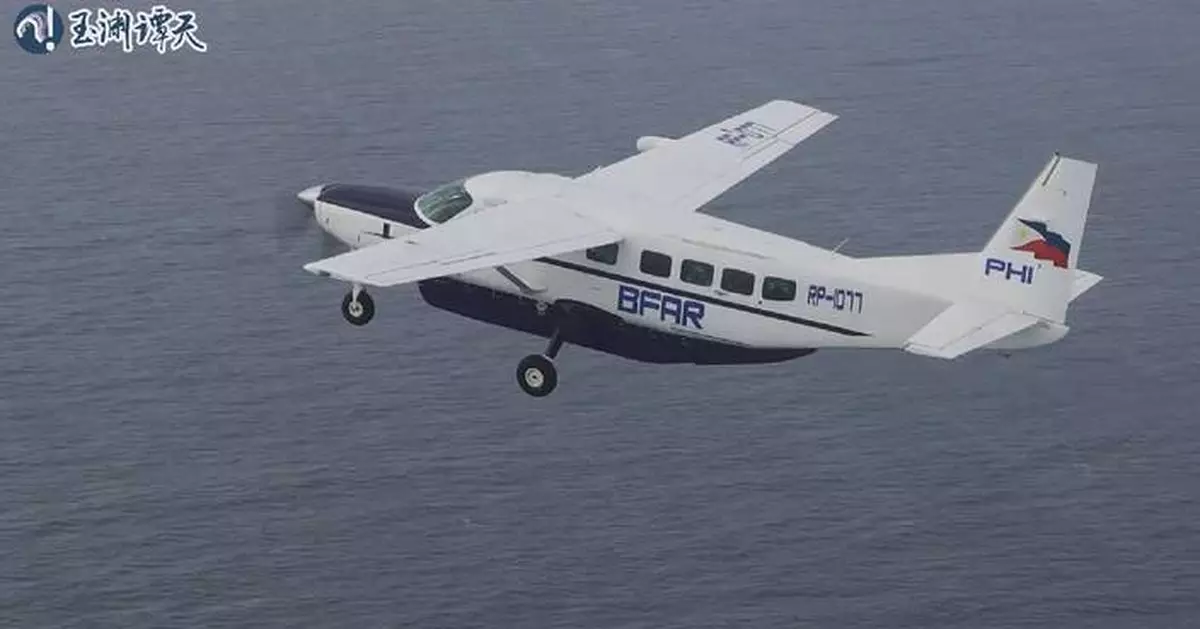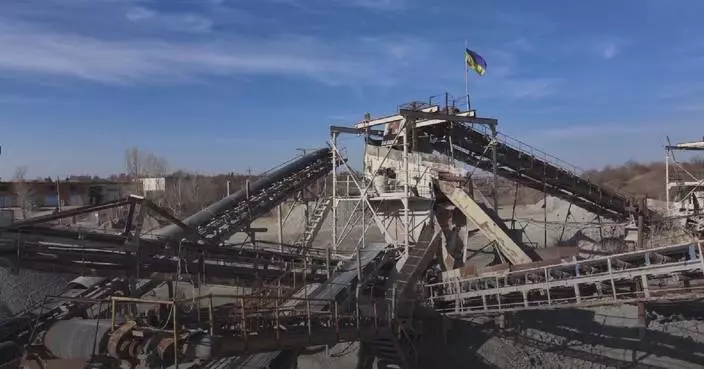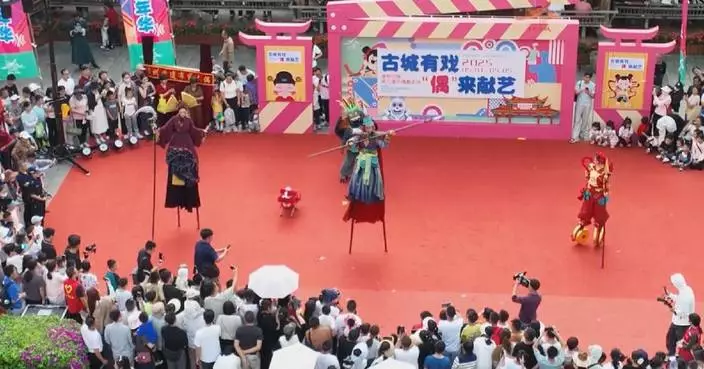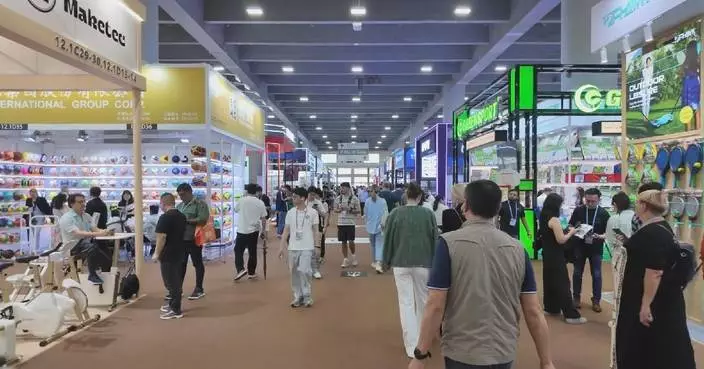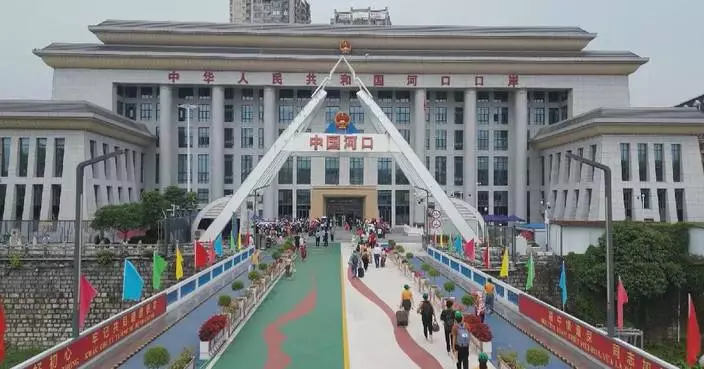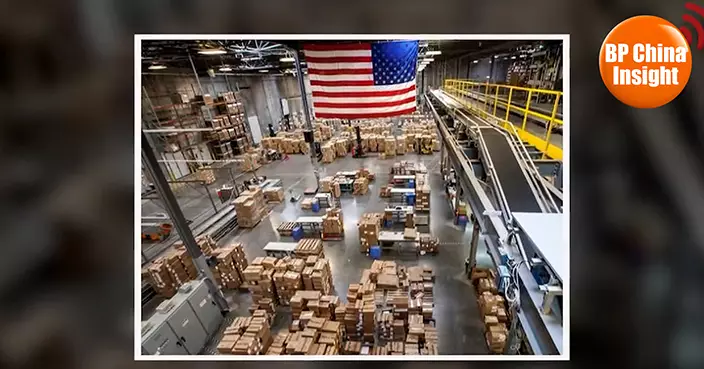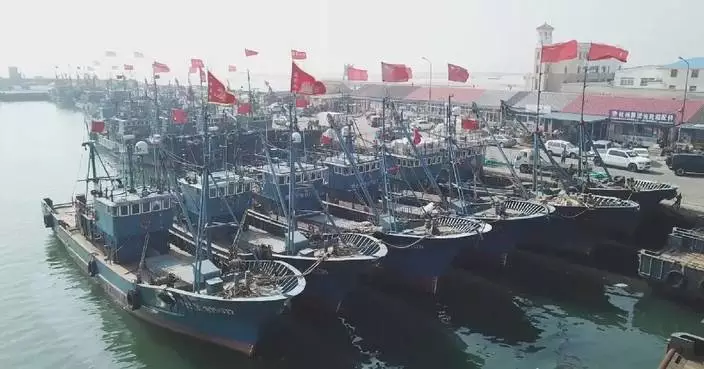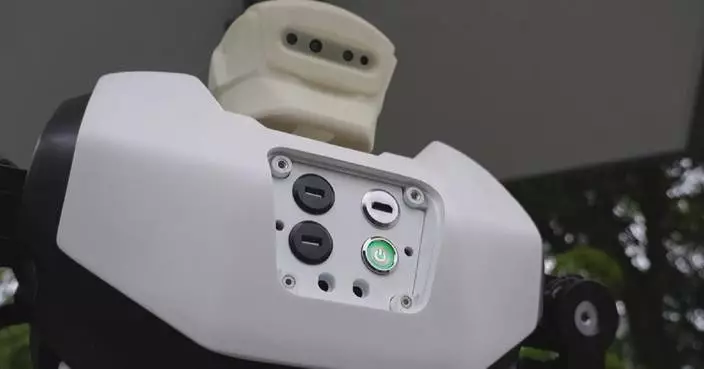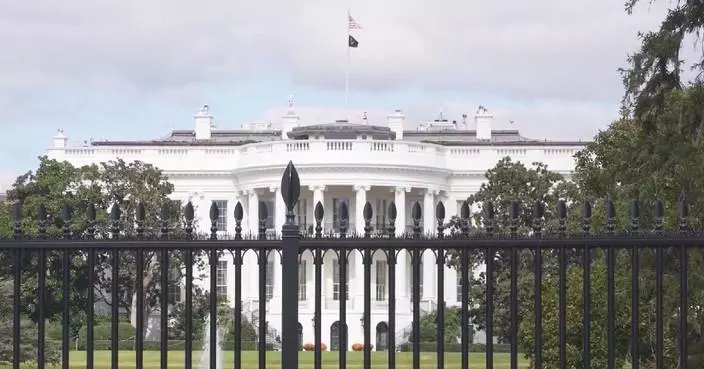A Philippine C-208 aircraft illegally intruded into the territorial airspace over China's Huangyan Dao in the South China Sea on Tuesday, according to the exclusive footage released by China Media Group on Friday.
The footage shows that the Philippine aircraft had several foreign journalists on board, staging photos to deliberately stir up the situation.
In response, the Southern Theater Command of the Chinese People's Liberation Army (PLA) organized naval and air forces to track, monitor, and warn off the intruding aircraft in accordance with the law and regulations.
China's actions throughout the entire process were professional and restrained.
The intrusion came after the Chinese government had delimited and announced the baselines of the territorial sea adjacent to Huangyan Dao on Nov 10, 2024.

Philippine aircraft illegally intrudes into Chinese airspace over Huangyan Dao: exclusive footage

Philippine aircraft illegally intrudes into Chinese airspace over Huangyan Dao: exclusive footage
Small- and medium-sized retailers across the United States "are getting hit the hardest" by disrupted supply chains, as U.S. tariff actions fuel market chaos and panic, a U.S. logistics industry insider based in China warned.
Sam Boyd, managing partner at Guided Imports -- a cross-border logistics company serving many American small businesses that rely on Chinese manufacturing -- told China Media Group (CMG) that the tariff policies introduced by the Trump administration have left many importers unsure about how to respond.
"Small- to medium-sized retailers and e-commerce companies, who are usually purchasing their goods close to when they're going out of stock, are getting hit the hardest. It's difficult for businesses to really understand what to do, so most of the businesses are just being forced to wait. And what they've learned over the last two-week period is that these escalations have no ceiling. The majority of our customers have opted to pause their shipments leaving from China. And the downside with this is that they're going to go out of stock," said Boyd.
According to the National Retail Federation (NRF), container imports to the U.S. are expected to fall by more than 20 percent year over year in the second half of 2025.
Boyd warned that the consequences of paused shipments could extend beyond inventory shortfalls, creating ripple effects that threaten port operations and U.S. domestic logistics.
"But there's an even more significant ripple effect that we're not quite aware of, which is: because so many businesses have chosen to pause their shipments and wait, we're creating a backup -- or a future backup -- that's going to be seen at U.S. ports. So let's say that there is going to be an event that solves this tariffs issue, and it's to everyone's liking enough that they can start placing orders again. By the time they all [those shipments] start arriving at the ports, it's going to create a surge. And this is going to create a surge in shipping costs, and it is going to create a surge in trucking within the U.S.," he said.
Boyd also questioned the U.S. government's repeated calls to bring manufacturing back home, arguing that such efforts are far from realistic given China's deep industrial capacity.
"The concept of reassuring is a very nice concept for those who are many degrees away from manufacturing. But China has so much experience with manufacturing that for any country -- whether it be the United States or one of China's neighbors that try to take over -- it's not going to be something that we can just flip a switch and all of a sudden, you know, a new country becomes the manufacturer," said Boyd.

Small-, medium-sized retailers "hit hardest" by U.S. tariff policy: logistics expert




